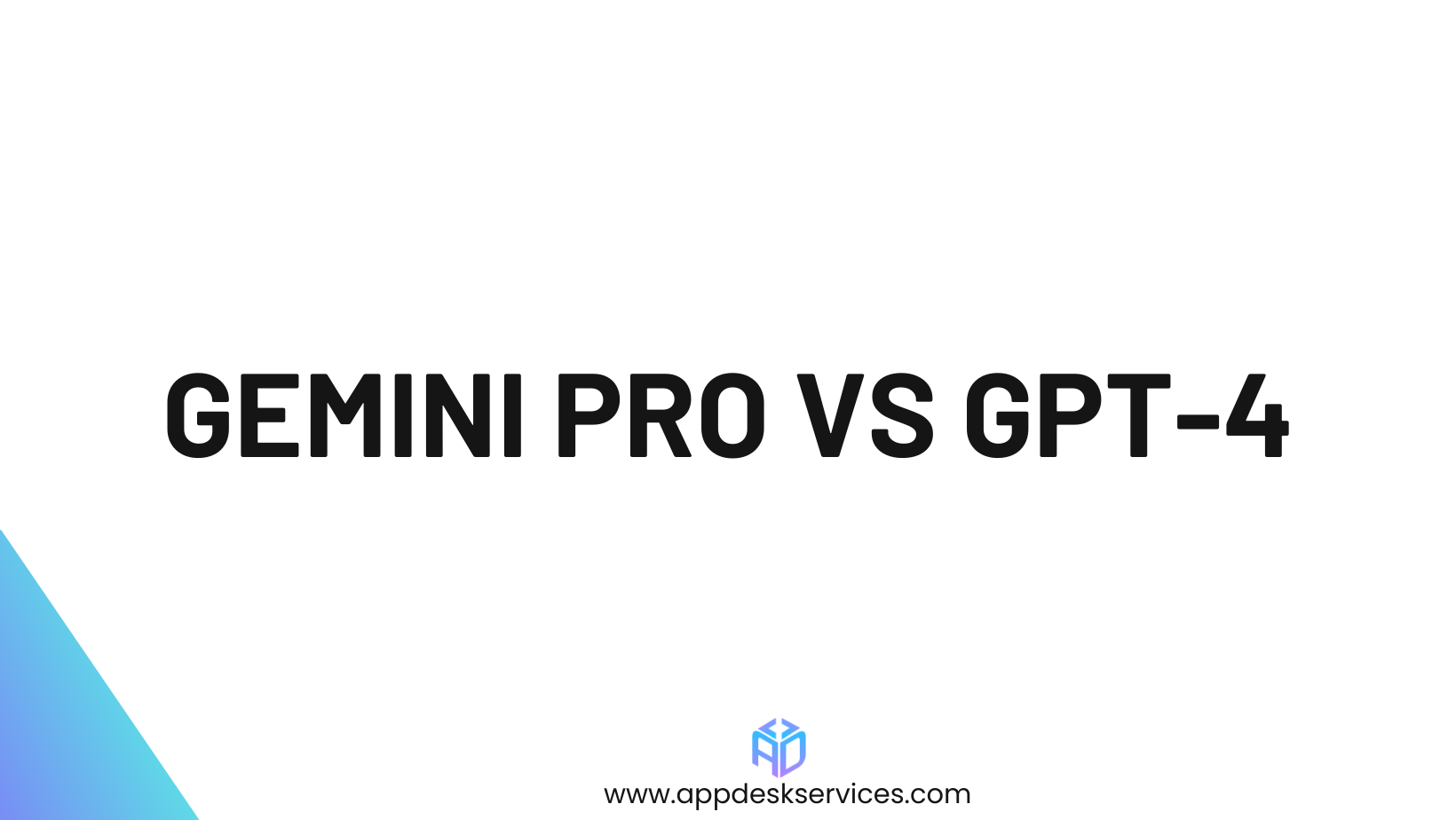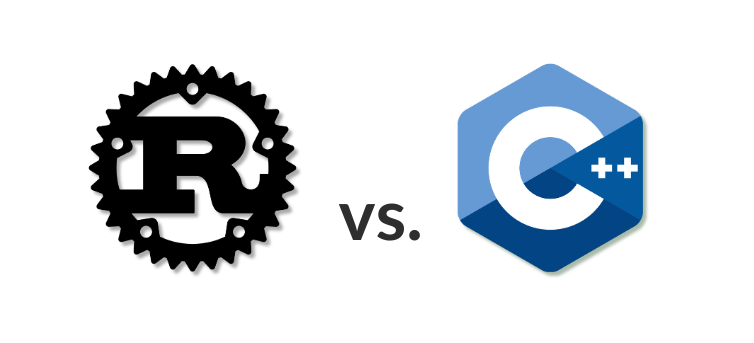In today’s digital age, app development is one of the most sought-after skills. With the increasing reliance on mobile applications for everyday tasks, the demand for skilled app developers is at an all-time high. Whether you’re looking to start a new career or transition from a related field, this guide will provide you with the steps needed to become a successful app developer.
Why Get into Mobile App Development?
Designing Something New and Fresh
Mobile app development offers the excitement of creating innovative and unique applications. Whether you’re passionate about games, productivity tools, or social networking apps, the ability to design something new and impactful is highly rewarding.
The Opportunity to Reinvent Mobile Technology
As a mobile app developer, you have the chance to influence how mobile technology is used. By developing creative solutions and leveraging new technologies, you can redefine user experiences and push the boundaries of what’s possible on mobile platforms.
Work Flexibility
One of the major benefits of being an app developer is the flexibility to work from anywhere. All you need is a reliable internet connection and a robust software development kit (SDK). This flexibility allows you to balance work with other life commitments or travel while maintaining your career.
Steps To become an app developer

1. Educational Foundation
Formal Education
While not mandatory, a bachelor’s degree in computer science, software engineering, or a related field can provide a solid foundation in programming languages, software development methodologies, and systems analysis. These programs often cover essential topics like algorithms, data structures, and systems design.
Alternative Education
For those who prefer a non-traditional route, online courses, coding bootcamps, and self-directed learning are viable alternatives. Platforms like Codecademy, Coursera, and Udacity offer comprehensive courses in various programming languages and development frameworks.
2. Learning Programming Languages
Mastering multiple programming languages expands your job opportunities. Common languages for app development include:
- Java
- C#
- Objective-C
- C++
- Swift
- Kotlin
Swift and Objective-C
Essential for iOS app development, these languages are used to build applications for Apple devices. Swift is known for its modern syntax and safety features, making it a favorite among developers.
Java and Kotlin
For Android app development, Java has been the traditional choice, but Kotlin is rapidly gaining popularity due to its concise syntax and interoperability with Java.
3. Gaining Practical Experience
Personal Projects
Start by working on small personal projects to apply your knowledge. Create simple apps, contribute to open-source projects, or participate in coding challenges and hackathons to build your portfolio.
Internships and Entry-Level Positions
Internships or entry-level positions provide hands-on experience, mentorship, and networking opportunities. Look for opportunities at tech companies, startups, or software development firms to gain real-world experience.
4. Understanding Development Tools and Frameworks
Xcode and UIkit
For iOS developers, Xcode is the primary IDE, and UIkit provides a comprehensive set of components to design user interfaces efficiently .
Android Studio and Android API
Android Studio is the official IDE for Android development, and understanding Android API is crucial for creating robust Android applications.
5. Developing UI/UX Skills
User interface (UI) and user experience (UX) design are critical for creating intuitive and engaging applications. Focus on learning the principles of good design and usability to ensure your apps are user-friendly .
6. Certifications and Advanced Learning
Certifications validate your coding skills, especially if you are self-taught. Earning certifications like the Google Associate Android Developer or AWS Certified Developer can enhance your resume and demonstrate your expertise to potential employers.
Earning certifications can enhance your credentials and demonstrate your expertise to potential employers. Consider certifications such as:
- Google Associate Android Developer
- AWS Certified Developer – Associate
- Microsoft Certified: Azure Developer Associate
- Oracle Certified Professional, Java SE Programmer.
7. Networking and Continuous Learning
Professional Communities
Join developer communities, attend meetups, and participate in online forums to network with other professionals. Engaging with the community helps you stay updated with the latest trends and technologies.
Continuous Learning
The tech field is ever-evolving, so continuous learning is essential. Stay current by reading technical blogs, attending workshops, and enrolling in advanced courses to keep your skills sharp.
Why Become a Mobile App Developer?
Growing Demand and Career Opportunities
The world is increasingly reliant on mobile devices, leading to a high demand for skilled app developers. By pursuing a career in mobile app development, you position yourself in a growing field with numerous job opportunities and the potential for high earnings.
Diverse Skill Set Development
As a mobile app developer, you will:
- Create and Design User Interfaces (UI): Design intuitive and visually appealing interfaces that enhance user experience.
- Write Functional Code: Develop the backend logic that makes your app functional and responsive.
- Market and Distribute Apps: Learn to market your apps and distribute them through platforms like iTunes and Google Play.
Personal and Professional Growth
Mobile apps are integral to our daily lives, offering developers the chance for significant personal and professional growth. By creating successful apps, you gain experience working across different platforms, designing user-friendly interfaces, and incorporating innovative features.
Future-Proof Skills in Augmented Reality (AR)
The field of augmented reality (AR) is rapidly growing. By developing AR-compatible apps, you stay ahead of the curve in this emerging market, making your skills highly valuable in the future.
Global Career Potential
Countries like China are heavily investing in mobile technology, creating vast opportunities for developers. A career in mobile app development can open doors to international job markets and collaborations, providing diverse professional experiences.
Collaborative Experience
Mobile app development often involves working with customer service representatives and other team members across various departments. This collaborative experience is invaluable, enhancing your ability to interact with customers and manage complex projects effectively.
Competitive Edge
Being a proficient mobile app developer can significantly boost your career prospects. It positions you as a top candidate for job applications and interviews, particularly for contracts abroad.
Key Skills a Mobile App Developer Must Have
To succeed as a mobile app developer, you need a combination of technical skills, design capabilities, and soft skills. Here are the essential skills you should have:
1. Strong Coding and Development Skills
Programming Languages
Proficiency in several programming languages is crucial. For iOS development, you should be skilled in Objective-C and Swift. For Android development, Java and Kotlin are essential. These languages are the backbone of app development and knowing them allows you to write efficient, maintainable code.
Code Simplicity and Usability
It’s important to write code that is not only functional but also easy to understand and use. Clean code practices make it easier for other developers to read and maintain your code.
2. User-Friendly Design
User Interface (UI) Design
Creating a user-friendly interface is key to a successful app. This involves designing layouts that are intuitive and easy for users to navigate.
User Experience (UX) Design
Beyond the UI, ensuring a seamless user experience is critical. This involves understanding user behavior and designing apps that meet user needs effectively.
3. Graphic Design Experience
Design Tools
Experience with graphic design software such as Adobe Photoshop, Illustrator, or Sketch is beneficial. These tools help in creating visual elements of the app, including icons, buttons, and overall layout aesthetics.
4. Multitasking and Deadline Management
Project Management
The ability to handle multiple projects simultaneously and meet deadlines is essential. This requires good organizational skills and the ability to prioritize tasks effectively.
5. Teamwork and Independence
Collaboration
While much of app development involves individual work, you will also need to collaborate with other developers, designers, and project managers. Effective communication and teamwork are vital.
Self-Motivation
You should be capable of working independently, managing your time efficiently, and being proactive in solving problems and improving your skills.
What’s it Like Being a Mobile App Developer?
A career in mobile app development is both challenging and rewarding. Here’s what you can expect:
Salary
With the necessary qualifications and experience, mobile app developers can earn between $89,000 and $125,000 annually. Your salary will depend on various factors, including your employer, the complexity of the apps you develop, and your experience level.
Responsibilities
Developing and Testing Apps
Your primary responsibility is to develop and test mobile apps. This involves writing code, debugging, and ensuring the app performs well across different devices.
Quality Assurance
Ensuring the app meets the required quality standards and functions as intended is crucial. This involves rigorous testing and addressing any issues that arise.
Coding for Specific Platforms
You’ll need to write code tailored to specific operating environments (iOS, Android, etc.). Each platform has its own set of guidelines and best practices.
Interface Design
Designing the app’s interface to be visually appealing and easy to use is a significant part of your job.
Team Collaboration
You will work with other team members, including analysts, project managers, and other developers, to ensure the app meets client requirements and project goals.
Support and Maintenance
After the app is launched, you’ll provide ongoing support, address user feedback, and fix any bugs or issues that arise.
Working Environment
Flexibility
One of the perks of being a mobile app developer is the flexibility to work from anywhere. As long as you have a strong internet connection and the necessary tools, you can work remotely.
Collaboration
You’ll often collaborate with various departments within a company, gaining a broad understanding of different business processes and how they integrate with app development.
Career Prospects
Global Opportunities
There is significant potential for mobile app development careers overseas, especially in tech-driven countries like China, which are investing heavily in this industry.
Growing Demand
The demand for mobile app developers is expected to grow as more businesses and services go mobile. This creates ample job opportunities and the potential for career advancement.
Conclusion
Becoming an app developer is a journey that requires a mix of education, practical experience, and continuous learning. Whether you choose a traditional educational path or opt for self-directed learning, the key is to stay passionate and committed to honing your skills. By following these steps and leveraging the available resources, you can position yourself for a successful and fulfilling career in app development.













